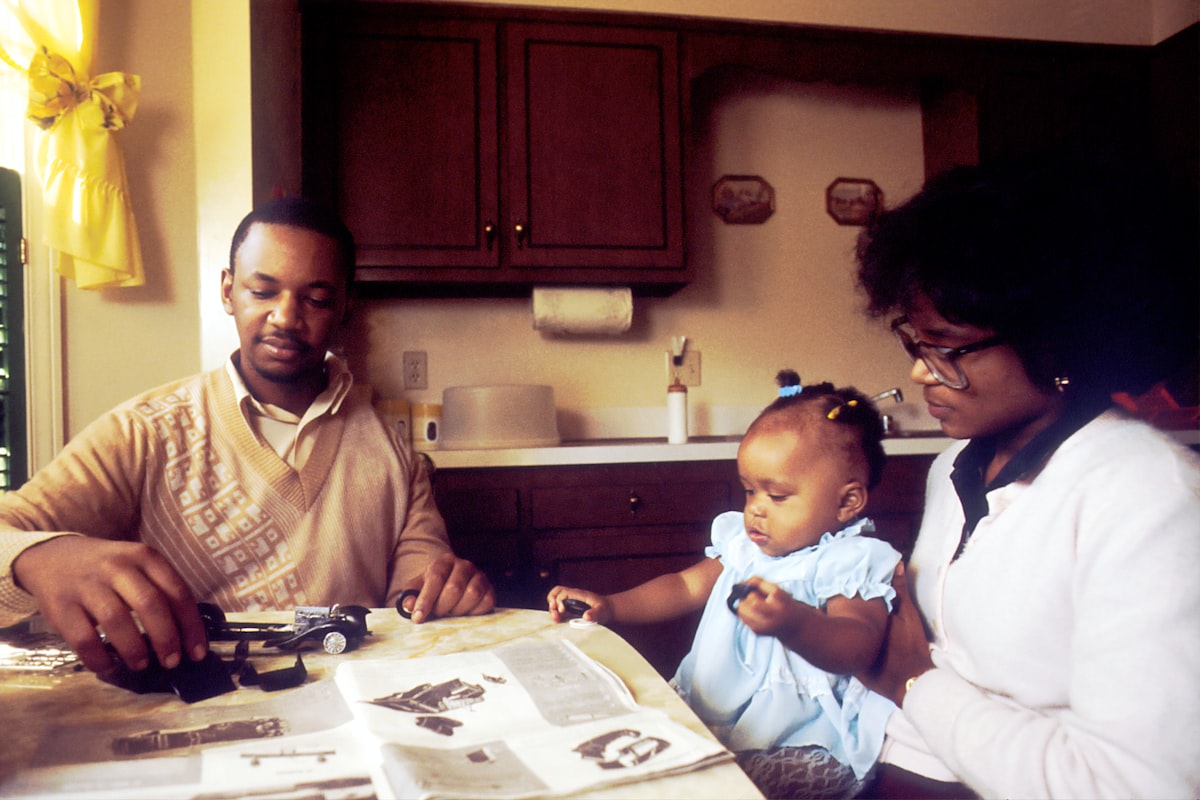Eight Causes of Early Death in Black Americans
Take away the eight and the early death risk disappears.

It's commonly known that Black Americans don't live as long as Whites. In fact, they have a 59% higher risk of premature death. But why is that? There are plenty of possible reasons but a Tulane University study has narrowed it down to eight.
The study, published in Lancet Public Health, has found that the gap can be entirely explained by disparities in eight areas of life critical to health and well-being:
- employment;
- income;
- food security;
- education level;
- access to healthcare;
- good health insurance;
- home ownership; and
- marital status.
“There’s no difference between Black and White premature mortality rates after accounting for these social determinants,” said Josh Bundy, lead author and epidemiologist at Tulane’s School of Public Health and Tropical Medicine, in a news release.
The eight factors are called social determinants of health. Tulane researchers used CDC data to measure disease prevalence and health risks, they modeled the impact of each factor on a person’s life expectancy. When all unfavorable social determinants were accounted for, the 59% mortality disparity was reduced to zero. “It totally disappeared,” Bundy said.
Mortality gap
While the mortality gap has been largely pinned on socioeconomic factors such as education level, income and employment status in recent years, researchers have acknowledged that these factors only explained most of the gap, Bundy said.
“This is the first time that anyone completely explained the differences,” he said. “We didn’t expect that, and we were excited about that finding because it suggests social determinants should be the primary targets for eliminating health disparities.”
Socioeconomic factors were still found to play a major role, accounting for approximately 50% of the Black-White difference in mortality in the study. However, the other nearly 50% of the difference was explained by marital status, food security and whether someone has public or private health insurance, softer indicators that can speak to a person’s social support network, stability or job quality.
Unfavorable social determinants of health were more common among Black adults and were found to carry enormous risk.
Having just one unfavorable social determinant of health was found to double a person’s chances of an early death. With six or more, a person has eight times higher risk of premature mortality.
Bundy said the findings explain how “structural racism and discrimination lead to worse social risk factors, which may lead to premature death.”
“These social determinants of health are the foundation of health problems,” Bundy said. “They need to be a top priority going forward and it’s going to take policy, research and a multi-disciplinary approach to tackle these issues.”
